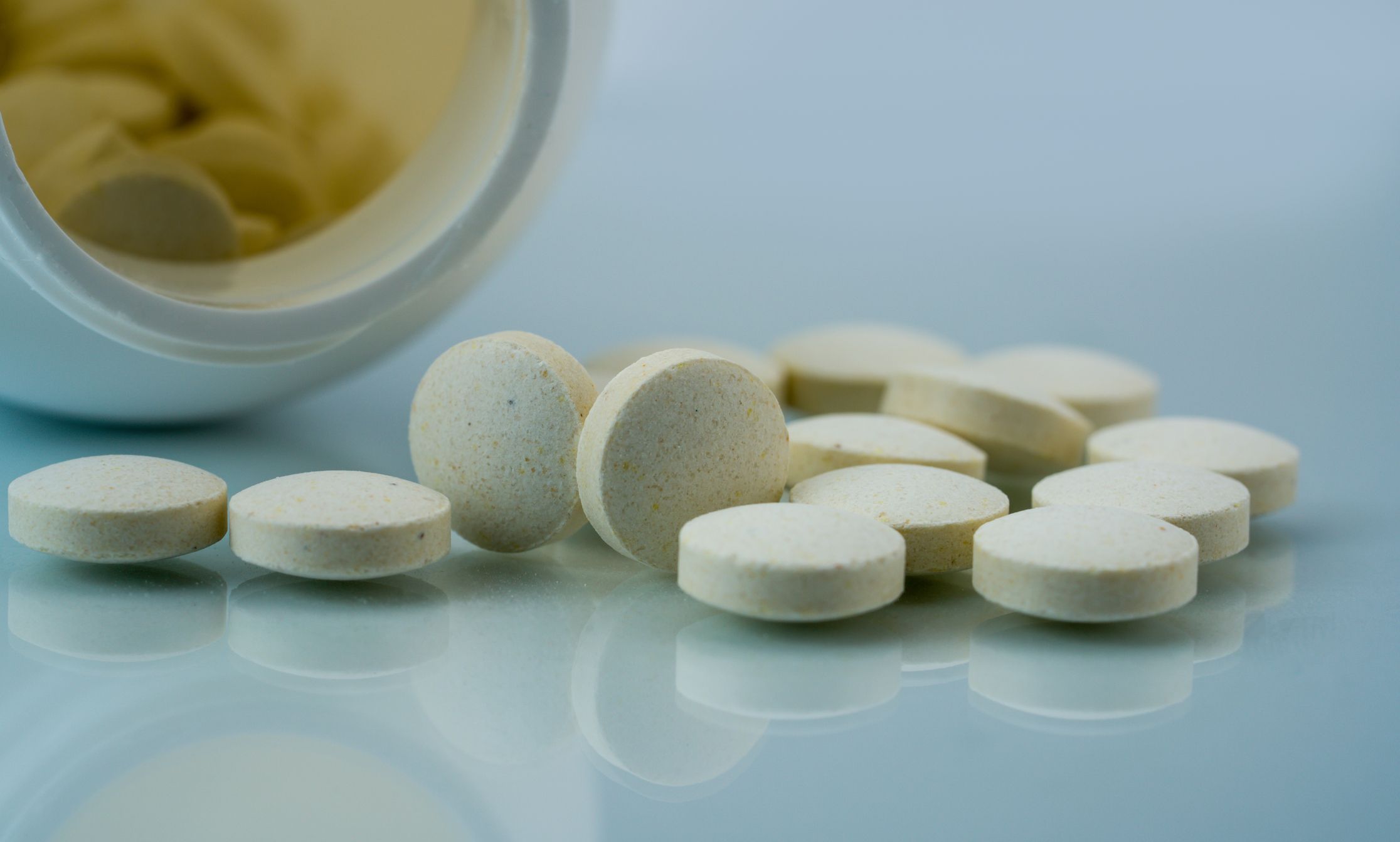A person’s testosterone levels may be raised with the use of certain supplements and drugs. The risk of cardiovascular events, such as a heart attack or stroke, can, however, increase when testosterone levels rise. Although many of them have little scientific support, some people prefer to use alternative therapies to raise their testosterone levels. Typically, if a person has a medical condition that lowers testosterone, they should only use testosterone supplements. Alternatively, if they identify as transgender and decide to transition by taking supplements, they could decide to do so. Injections or transdermal testosterone administration through the skin are how doctors often give testosterone to patients, according a research. A quick look at the supplements to increase testosterone level.
The Genius Brand Test for Genius
Ashwagandha extract and fenugreek are just two of the substances found in the Genius Brand Genius Test that are intended to regulate hormone levels and optimize testosterone levels. Additionally, it contains 500 mg of PrimaVie Shilajit-Fulvic Acid, a supplement formulated using shilajit extract, a substance that has been demonstrated to raise testosterone levels. In actuality, a study discovered that consuming 250 mg of pure shilajit extract twice daily raised levels of total and free testosterone after 90 days.
Another component of this supplement, boron citrate, has also been demonstrated in several trials to promote normal testosterone levels. To assure safety and quality, the supplement is produced at a facility that has received third-party certification.
Pros
- formulated with a blend of ingredients to optimize testosterone levels
- third-party tested
- vegan-friendly

Cons
- expensive
- recommended dosage of 4 capsules per day
- some reports of negative side effects
Organic Vitamin D3
While some consumers might like supplements that include nutrients and herbal substances, others could find that a supplement that just contains one nutrient is preferable. Your body makes vitamin D, a fat-soluble vitamin, when exposed to sunshine. Low vitamin D levels are possible in those who get little sun. The body uses vitamin D in its active form as a steroid hormone that is necessary for male sexual activity. According to certain studies, males who have lower blood levels of vitamin D may also have lower amounts of testosterone.
In a tiny research, soccer players’ vitamin D and testosterone levels significantly increased after 10 days of sun exposure and 6 weeks of vitamin D supplementation. Therefore, increasing your sun exposure, consuming more vitamin D-rich foods, or taking a vitamin D supplement may be helpful if you have a vitamin D deficit. The majority of recommendations suggest taking 400–2,000 international units (IU) of vitamin D per day to prevent deficiency, despite the lack of evidence on the optimal dosage for supporting testosterone levels particularly.
Pros
- third-party tested and verified by USP
- budget-friendly
- gluten-free
- contains vitamin D3
Cons
- not suitable for vegans or vegetarians
- can be difficult to swallow, according to some reviewers














